
CARACAS, April 14 (Xinhua) -- Venezuela's Nicolas Maduro, political heir of late President Hugo Chavez, was elected to his mentor's post Sunday in a tight race. The narrow win means his government may face severe challenges in the future.
STABILITY IS A PRIORITY
Maduro won Sunday's presidential elections with 50.66 percent of the counted votes, according to the official tally, while opposition challenger Henrique Capriles garnered 49.07 percent.
The slender margin led to Capriles refusing to concede defeat.
If the controversy leads to protests, Maduro's reign will be jeopardized and the national economy and social wellbeing will be dealt a heavy blow to.
In recent years, serious political confrontations have taken place between the government and the opposition, with anti-government demonstrations and strikes by workers and students occurring frequently.
Chavez, a former soldier, controlled the situation and maintained stability with his great charisma and the loyalty of the armed forces.
Although Maduro, a former bus driver and union leader, has inherited Chavez's political legacy and promised to continue down his predecessor's socialist path, it remains to be seen whether he has the same prestige and influence over the military and can maintain stability.
Local political observers said, if the ruling party and the opposition cannot be reconciled after the election, political unrest will continue. If that happens, Maduro's government will be imperiled, and the national economy and lives of Venezuelans will be severely affected.
To maintain political stability, Maduro's government will have to make concessions to the opposition by amending laws, reforming government institutions, and improving social and economic policies, observers said.
ECONOMIC RECOVERY HAS A LONG WAY TO GO
Venezuela is a typical single product economy centered on oil, and its national revenues are heavily dependent on oil earnings. Since the onset of the global financial crisis in 2008, the Venezuelan economy has been increasingly feeling the pinch from slumping demand for oil in Europe and the United States.
According to official statistics, despite 5.2 percent economic growth in 2012, Venezuela's industrial and agricultural sectors were both retreating and the unemployment rate stood at 7 percent. Figures by non-governmental organizations were even more alarming, with the jobless rate put at above 30 percent.
Venezuela also has one of the highest inflation rates among Latin American countries, staying above 20 percent for the past 6 years.
During Chavez's 14 years in power, though the government carried out social policies to promote wealth equity and offered a variety of subsidies to the rural and urban poor, and low-income families, it failed to effectively narrow the gap between the rich and the poor.
Maduro repeatedly said during his presidential campaign, if he won, he would continue to fulfil Chavez's socialist policies and take effective measures to develop the economy, create jobs and protect the interests of the poor. He also announced his government would raise the minimum wage by 45 percent in 2013.
Many analysts predicted Maduro would win the election due to the backing of Chavez loyalists, but he would be hard-pressed to generate an economic miracle if he simply follows the policies of the Chavez era.
However, some observers said Chavez had already put in place many initiatives to diversify the economy, optimize the industrial structure, and increase investment in road and port construction.
Maduro's government needs to implement gradual adjustments in economic policies that would help to limit the nationalization of industry and promote the private sector, they said.

We recommend:
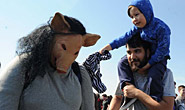
World Pillow Fight Day marked in Washington
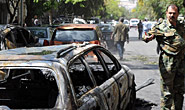
Multiple mortar shells hit Damascus

Prince William, Kate love sports

Aurora shines in Estonia

Floods kill 46 in Argentina
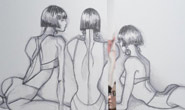
The world in photos
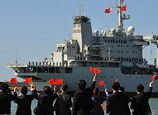
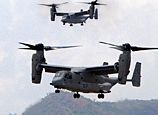






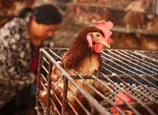
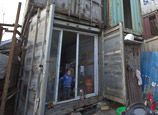






 Death toll rises to 14 in central China hotel fire
Death toll rises to 14 in central China hotel fire


![]()
